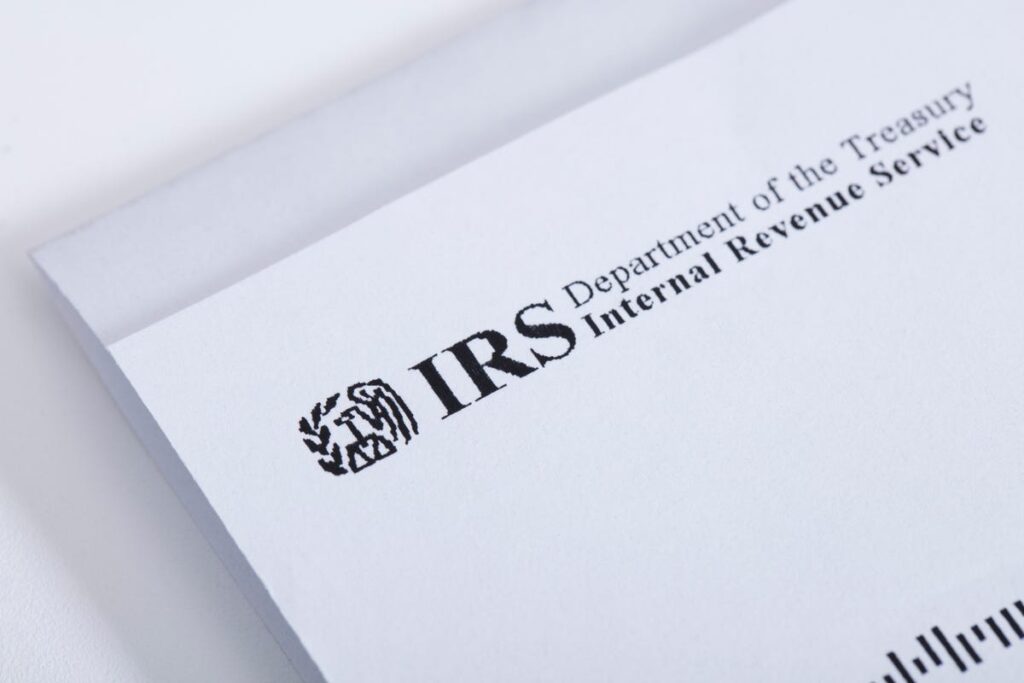For many people buying a home – whether it’s a fixer-upper in an up and coming neighborhood or that custom home you’ve always dreamed of – is a milestone event. While there is often a steep learning curve associated with buying and owning a home, there are also some perks – at least when it comes to taxes.
The first thing taxpayers should understand is that when it comes to home ownership is how the IRS defines a home as: a house, condominium, cooperative apartment, mobile home, houseboat or house trailer that contains a sleeping space, toilet and cooking facilities. It’s important to note that even if you own several homes, an individual has only one main home at a time. Generally, people own and live in just one home. If so, then that property is your main home.
Most home buyers take out a mortgage loan to buy their home and then make monthly payments to the mortgage holder. This payment may include several costs of owning a home. The only costs the homeowner can deduct are:
- State and local real estate taxes (SALT) – subject to the $10,000 limit
- Home mortgage interest – within the allowed limits
- Mortgage insurance premiums
Taxpayers must file Form 1040, U.S. Individual Income Tax Return or Form 1040-SR, U.S. Income Tax Return for Seniors, and itemize their deductions to deduct home ownership expenses. Taxpayers cannot, however, take the standard deduction if they itemize.
Non-deductible Payments and Expenses
Homeowners can’t deduct any of the following items:
- Insurance, other than mortgage insurance, including fire and comprehensive coverage, and title insurance
- The amount applied to reduce the principal of the mortgage
- Wages you pay for domestic help
- Depreciation
- The cost of utilities, such as gas, electricity, or water
- Most settlement or closing costs
- Forfeited deposits, down payments, or earnest money
- Internet or Wi-Fi system or service
- Homeowners’ association fees, condominium association fees, or common charges
- Home repairs
Mortgage Interest Credit
The mortgage interest credit is meant to help individuals with lower income afford home ownership. Those who qualify can claim the credit each year for part of the home mortgage interest paid.
A homeowner may be eligible for the credit if they were issued a qualified Mortgage Credit Certificate (MCC) from their state or local government. An MCC is issued only for a new mortgage for the purchase of a main home. The MCC will show the certificate credit rate the homeowner will use to figure their credit. It will also show the certified indebtedness amount and only the interest on that amount qualifies for the credit.
Homeowners Assistance Fund
The Homeowners Assistance Fund program provides financial assistance to eligible homeowners for paying certain expenses related to their principal residence to prevent mortgage delinquencies, defaults, foreclosures, loss of utilities or home energy services, and also displacements of homeowners experiencing financial hardship after January 21, 2020.
Minister’s or Military Housing Allowance
Ministers and members of the uniformed services who receive a nontaxable housing allowance can still deduct their real estate taxes and home mortgage interest. They don’t have to reduce their deductions based on the allowance.
As always, please contact the office if you have any questions about this important tax topic. Help is just a phone call away.
San Jose: (408) 252-1800
Watsonville: (831) 726-8500




